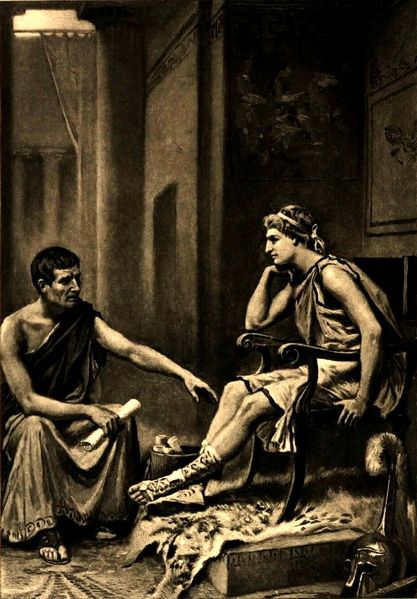Sign up for FlowVella
Sign up with FacebookAlready have an account? Sign in now
By registering you are agreeing to our
Terms of Service
Loading Flow



Science
Although Aristotle was not technically a scientist by today’s definitions, science was among the subjects that he researched at length during his time at the Lyceum. Aristotle believed that knowledge could be obtained through interacting with physical objects. He concluded that objects were made up of a potential that circumstances then manipulated to determine the object’s outcome. He also recognized that human interpretation and personal associations played a role in our understanding of those objects.
Aristotle’s research in the sciences included a study of geology. He attempted, with some error, to classify animals into genera based on their similar characteristics. He further classified animals into species based on those that had red blood and those that did not. The animals with red blood were mostly vertebrates, while the “bloodless” animals were labeled cephalopods. Despite the relative inaccuracy of his hypothesis, Aristotle’s classification was regarded as the standard system for hundreds of years.


